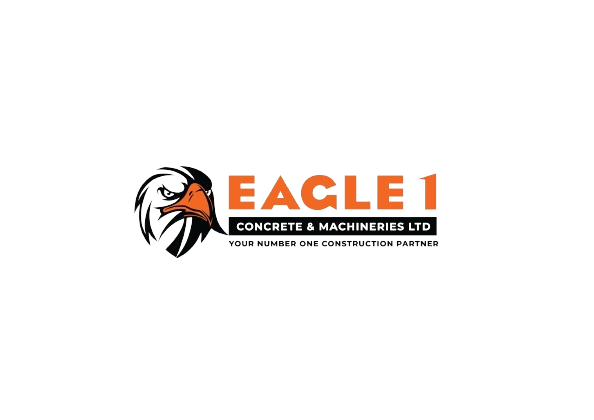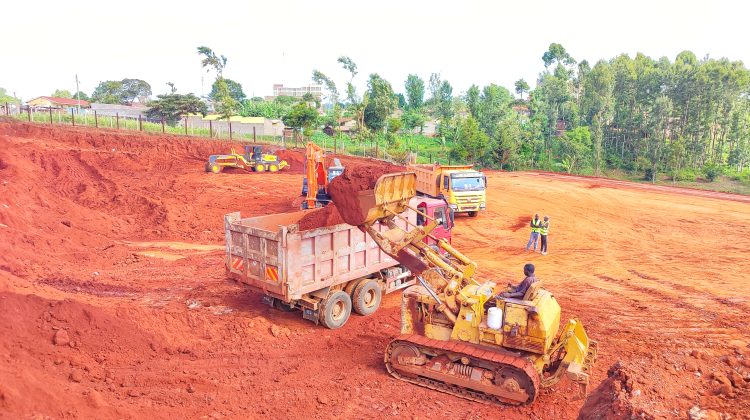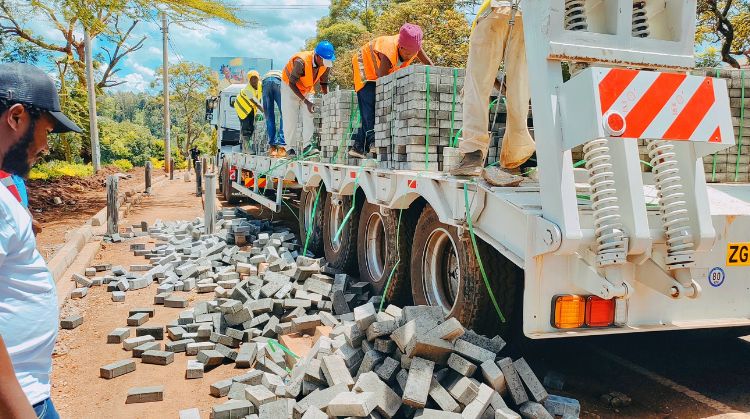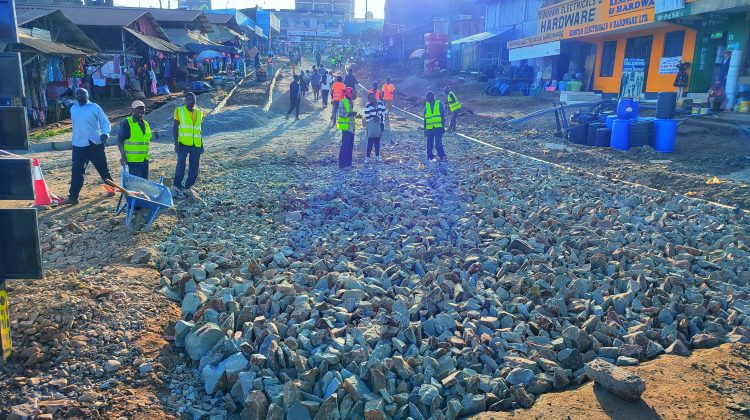10 Must-Know Tips for a Successful Construction Project
A successful construction project requires meticulous planning, effective communication, and proactive management. Whether you’re a seasoned construction professional or a first-time project manager, here are ten must-know tips to ensure the success of your construction endeavor:
- Comprehensive Project Planning: Begin with a thorough project plan that outlines the scope, objectives, timeline, and budget. Identify potential risks and challenges and develop contingency plans to address unforeseen issues.
- Clear Communication and Collaboration: Foster open and transparent communication among all stakeholders, including contractors, subcontractors, architects, and clients. Regular meetings and clear documentation of decisions are essential to keep everyone on the same page.
- Team Selection and Training: Assemble a competent and skilled team with a track record of successful projects. Invest in training and development to enhance their skills and ensure they are up-to-date with the latest construction practices.
- Detailed Budgeting and Cost Control: Create a detailed budget that accounts for all project expenses, including materials, labor, permits, and contingencies. Regularly monitor expenses and implement cost-saving measures when possible.
- Efficient Project Scheduling: Develop a realistic and achievable construction schedule, accounting for dependencies and potential delays. Regularly update and monitor the schedule to ensure progress aligns with project milestones.
- Quality Assurance and Inspection: Implement a rigorous quality assurance program to maintain construction standards and adhere to building codes. Conduct regular inspections to identify and address any issues promptly.
- Safety First: Prioritize safety throughout the construction process. Implement safety protocols, provide necessary training, and ensure that all workers have the appropriate personal protective equipment (PPE).
- Effective Risk Management: Identify potential risks early in the project and develop risk mitigation strategies. Regularly assess risks and adapt your approach to minimize their impact on the project.
- Adaptability and Flexibility: Construction projects often encounter unexpected challenges. Remain flexible and adaptable to adjust to changing circumstances while keeping the project on track.
- Client Engagement and Satisfaction: Maintain regular communication with the client, addressing their concerns and keeping them informed of project progress. Ensure their expectations are met or exceeded to achieve high client satisfaction.
By following these ten essential tips, you can navigate the complexities of construction projects more effectively and increase the likelihood of delivering a successful and rewarding outcome for all stakeholders involved. Remember, successful construction projects are the result of diligent planning, effective execution, and a collaborative approach among all team members.
Navigating Legal Aspects in Construction: Understanding Construction Laws and Regulations
Navigating the legal aspects in construction is essential to ensure compliance with laws and regulations, mitigate risks, and protect the interests of all parties involved. From contracts to permits, understanding construction laws and regulations is crucial for a successful construction project. Here’s an overview of key legal considerations in the construction industry:
- Construction Contracts: Construction contracts form the foundation of any project. Understanding the terms and conditions, scope of work, payment schedules, and dispute resolution mechanisms is vital. Engaging legal counsel to review and draft contracts can help ensure clarity and protect the rights of all parties.
- Building Codes and Regulations: Compliance with building codes and regulations is mandatory to ensure the safety and structural integrity of the project. These codes dictate construction standards, materials, and design requirements. Understanding and adhering to local, state, and national building codes is essential to avoid delays and costly revisions.
- Permits and Approvals: Construction projects often require various permits and approvals from local authorities. These may include zoning permits, environmental clearances, and construction permits. Understanding the permit process, timelines, and required documentation is crucial to avoid legal complications.
- Construction Liens: Contractors and subcontractors have the right to place liens on a property if they are not paid for their work. Understanding lien laws and ensuring proper payment procedures can help prevent disputes and potential legal actions.
- Labor Laws and Employment Practices: Compliance with labor laws is essential when hiring workers for construction projects. Understanding wage and hour regulations, workers’ compensation, and safety requirements is critical to protect workers’ rights and avoid legal issues.
- Environmental Regulations: Construction projects can have environmental impacts, and adherence to environmental regulations is vital to avoid fines and penalties. Understanding environmental laws related to waste disposal, erosion control, and pollution prevention is essential for responsible construction practices.
- Insurance and Liability: Adequate insurance coverage is necessary to protect against potential risks and liabilities in construction projects. Understanding the different types of insurance, such as general liability and professional liability insurance, can provide financial protection in case of accidents or property damage.
- Change Orders and Variations: Change orders and variations are common in construction projects due to design changes or unforeseen circumstances. Understanding the procedures for documenting and approving these changes is crucial to avoid disputes.
- Dispute Resolution: Construction disputes can arise due to various reasons, such as delays, quality issues, or payment disputes. Understanding dispute resolution methods, such as mediation, arbitration, or litigation, can help resolve conflicts efficiently and cost-effectively.
- Intellectual Property Rights: Architects and designers may have intellectual property rights over their designs. Understanding copyright and licensing agreements is essential to avoid copyright infringement and legal disputes.
Staying informed about construction laws and regulations and seeking legal advice when needed can significantly reduce legal risks and ensure a smooth and compliant construction process. Being proactive in understanding and addressing legal aspects can contribute to the success of construction projects and foster positive relationships among all stakeholders involved.
The Future of Construction: Trends and Predictions
The construction industry is continuously evolving, driven by technological advancements, sustainability initiatives, and changing consumer demands. As we look ahead, several trends and predictions are shaping the future of construction:
- Advanced Construction Technologies: The adoption of advanced technologies like Building Information Modeling (BIM), 3D printing, drones, and robotics is expected to revolutionize construction processes. BIM enables improved collaboration, better project visualization, and data-driven decision-making, while 3D printing and robotics automate construction tasks, reducing labor costs and increasing efficiency.
- Green and Sustainable Construction: Sustainability is becoming a top priority in construction. The industry is moving towards eco-friendly practices, such as using renewable materials, energy-efficient designs, green certifications, and sustainable construction methods to reduce environmental impact and meet regulatory requirements.
- Off-Site and Modular Construction: Off-site construction and modular building techniques are gaining popularity due to their time and cost efficiencies. Prefabrication and modular construction allow for faster project delivery, reduced waste, and increased quality control.
- Smart Buildings and IoT Integration: Smart technologies are transforming buildings into intelligent ecosystems. The Internet of Things (IoT) integration allows for real-time monitoring, predictive maintenance, and improved energy management, enhancing occupant comfort and building performance.
- Resilient and Disaster-Resistant Design: With the increasing frequency of natural disasters, there is a growing focus on resilient construction. Buildings designed to withstand extreme weather events, earthquakes, and floods are becoming more prevalent, ensuring safety and reducing post-disaster reconstruction costs.
- Virtual and Augmented Reality in Construction: Virtual and augmented reality technologies are enhancing project planning, design, and training. They enable stakeholders to experience the project virtually, identify potential issues, and make informed decisions before construction begins.
- Renewable Energy Integration: The integration of renewable energy sources, such as solar panels and wind turbines, into buildings is expected to become more commonplace as the world moves towards a low-carbon future.
- Data Analytics and Artificial Intelligence: The use of data analytics and artificial intelligence in construction projects helps optimize schedules, predict potential risks, and optimize resource allocation, leading to better project outcomes and cost savings.
- Urbanization and Smart Cities: The rise of urbanization is driving the demand for sustainable and smart cities. Construction projects are adapting to meet the needs of urban environments, with a focus on mixed-use developments, efficient transportation, and smart infrastructure.
- Inclusive and Accessible Design: Inclusive design principles are becoming more prevalent, ensuring that buildings and public spaces are accessible to people of all ages and abilities.
As the construction industry embraces these trends and predictions, it is poised for significant transformations, providing innovative, sustainable, and efficient solutions for the future built environment. Embracing these trends will not only enhance project delivery but also contribute to a more sustainable, resilient, and technologically advanced construction sector.



